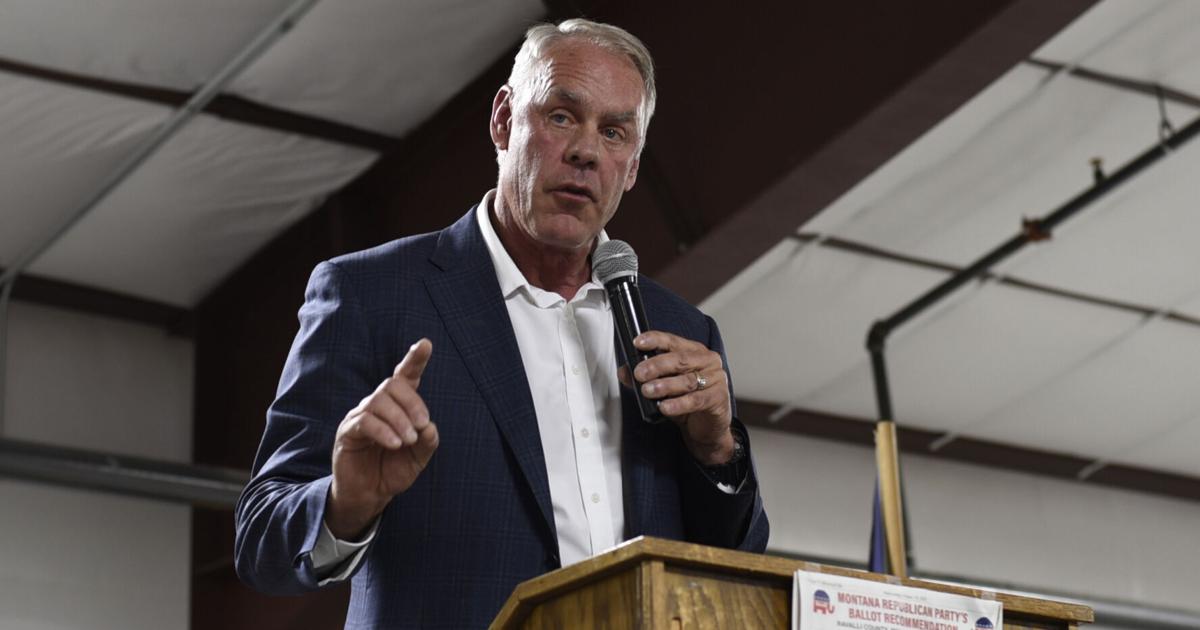US public companies make hundreds of disclosures in their annual reports. Surprisingly, how much they pay workers isn’t one of them. This must change.
American wages are rising after decades of stagnation. And yet, by all indications, income inequality in the United States is the highest on record and continues to grow, and tens of millions of full-time workers are still unable to earn a living. As many economists and observers have warned, widening income disparity and the inability of workers to secure dignified lives threaten the long-term health of the economy, sow political and social discord, and raise doubts about the viability of capitalism and democracy.
Are Inadequate Wages Contributing to Slow Economic Growth?
But there are more questions than answers. Approximately how many workers earn less than a living wage, and how many less? To what extent do inadequate wages contribute to slow economic growth? And to what extent are corporate America – which collectively employs about half of workers, many of whom receive taxpayer-funded assistance – responsible for stagnating wage growth?
These questions and many more would have many answers if public companies were required to disclose how much they pay workers. It is remarkable that this is not already required given that workers are vital to all businesses and wages are among the most important expenses of businesses. If the purpose of financial disclosure is to give investors the information they need to properly assess the health and future of companies, the amount they pay employees is certainly an important piece of that puzzle.
In fact, compensation data may be more important than ever to investors. The treatment of workers is a key part of the “S” in ESG, a grassroots investment movement that believes that companies’ environmental, social and governance policies impact their bottom line. And nothing is more fundamental to the well-being of workers than earning a living wage. There is also a growing number of values-based investors who want to align their money with companies that care for workers, even if it means lower profits. But neither ESG-focused nor stocks-focused investors have the information they need to make informed judgments when it comes to workers.
Investors won’t be the only ones to benefit from greater disclosure. With corporate wage data, academics and think tanks will be better able to study the impact of wages on workers and families, the economy, and the political and social environment; journalists will be better able to assess how companies treat workers; and legislators and regulators will be better able to direct government assistance to where it is most needed. This information is urgently needed as the middle class, once a hallmark of America’s proud market-based economy, shrinks, the standard of living of many Americans declines, dependence on public assistance increases, the economy slows down and trust in institutions erodes.
Companies recognize the problem. Three years ago, in a statement signed by more than 180 CEOs of America’s top corporations, the Business Roundtable redefined a company’s purpose to include promoting the interests not just of shareholders but of all stakeholders, including workers. It was not an act of charity; it was a recognition that businesses cannot thrive if the economic, political and social environment collapses around them. BlackRock CEO Larry Fink put it this way in his latest annual letter to CEOs: “A company must create value for all of its stakeholders and be valued by them in order to deliver value. long-term to its shareholders.”
An important part of this value is how companies treat workers. Some companies have raised wages since the Business Roundtable released its statement. Many did not. Without disclosure around employee compensation, how much has changed remains a mystery.
The Securities and Exchange Commission, which is the arbiter of what public companies must disclose to investors, already requires companies to report what they pay executives. And for several years, it has also required companies to disclose their CEO-to-worker pay ratio, which includes the median salary of workers. It’s easy for businesses to comply, as they already track payroll closely. Requiring them to declare how much they pay all employees would not be more restrictive.
Many companies will resist
At a minimum, the SEC should require companies to disclose total employee compensation, and preferably by deciles, which would allow investors and researchers to slice the data in many ways, including the level and distribution of salaries each year. and over time. There will be differences between companies and sectors, but disclosure rules can take these differences into account, as they already do in many other contexts.
Many companies will resist, fearing a backlash. The data is likely to show that workers are receiving a shrinking share of growing corporate profits. This is true for the whole economy. Since 1979, gross domestic product has increased by 2.5% per year after inflation, while wages have only increased by 0.2% per year. The limited salary data that companies are already reporting is not flattering. He confirms that the CEO-to-worker pay ratio has climbed to over 300 to 1 from over 20 to 1 in the 1960s.
But withholding investor compensation data in the hope that questions about corporate pay practices will disappear is the wrong answer. And greater transparency around pay is likely to reveal some companies sharing their success with all workers, not just executives. Perhaps the data will show that these companies also offer the best shareholder value, as Fink and ESG adherents claim.
Whether you believe, like me, that the United States has a wage problem or that taking care of workers is good for business, requiring companies to disclose what they pay employees is good for investors and markets. — and anyone who wants to better understand the impact of America’s vast corporate footprint.
Nir Kaissar is a Bloomberg Opinion columnist covering the markets. He is the founder of Unison Advisors, an asset management company. He worked as a lawyer at Sullivan & Cromwell and a consultant at Ernst & Young. This column does not necessarily reflect the opinion of the Editorial Board or of Bloomberg LP and its owners.







